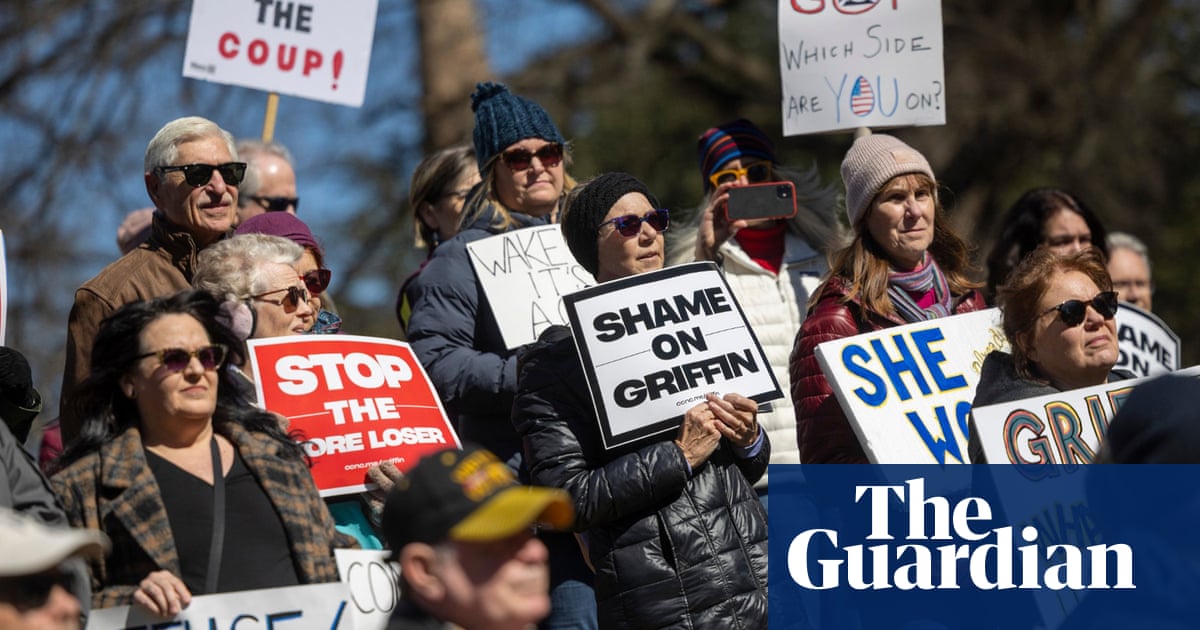North Carolina election officials must certify Democrat Allison Riggs as the winner of a state supreme court election, a federal judge ruled on Monday, a significant development in the only race that has remained undecided from last year.
Riggs, who currently sits on the court, defeated Jefferson Griffin, a Republican appellate judge, by 734 votes last November. Multiple recounts confirmed her win. But after election day, Griffin challenged more than 60,000 votes, mostly in Democratic-leaning counties, saying that election officials had wrongly allowed them to count.
Richard Myers II, a district judge and Trump appointee, agreed with Riggs and said that Griffin was essentially trying to change the rules of the election after election day.
“This case concerns whether the federal constitution permits a state to alter the rules of an election after the fact and apply those changes retroactively to only a select group of voters, and in so doing treat those voters differently than other similarly situated individuals. This case is also about whether a state may redefine its class of eligible voters but offer no process to those who may have been misclassified as ineligible,” Myers wrote in his opinion. “To this court, the answer to each of those questions is ‘no.’”
Griffin’s challenges focused on three groups of voters. The largest was tens of thousands of people whose voter records lacked a driver’s license number or the last four digits of their social security numbers. A few thousand more were overseas voters who had failed to provide photo ID. There was also a smaller group of voters who were labeled “never residents” – people who had turned 18 while living abroad and claimed North Carolina as their residence.
It was clear from the start that many of the challenged voters were eligible to cast a ballot. Riggs’ parents were among those challenged. The Guardian and other news outlets spoke to several challenged “never residents” who said they were temporarily abroad, had lived in North Carolina, and were confused about why they were being challenged.
What was seen as a quixotic effort quickly turned into concern for voting advocates when the North Carolina court of appeals ruled in Griffin’s favor, saying more than 60,000 voters had to prove their eligibility. The North Carolina supreme court later narrowed the number of ballots at issue to around 1,500.
The fact that courts were even willing to entertain a post-election effort to challenge rules set well in advance of voting, experts said, is an alarming development and may lay out a playbook to overturn future elections.
“You establish the rules before the game. You don’t change them after the game is done,” Myers wrote. He also paused his opinion for seven days to give Griffin a chance to appeal. Griffin’s campaign told the Associated Press Monday night they were evaluating the ruling.
“Today, we won. I’m proud to continue upholding the constitution and the rule of law as North Carolina’s supreme court justice,” Riggs said in a statement.

